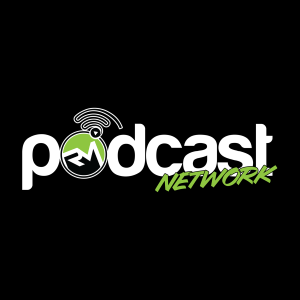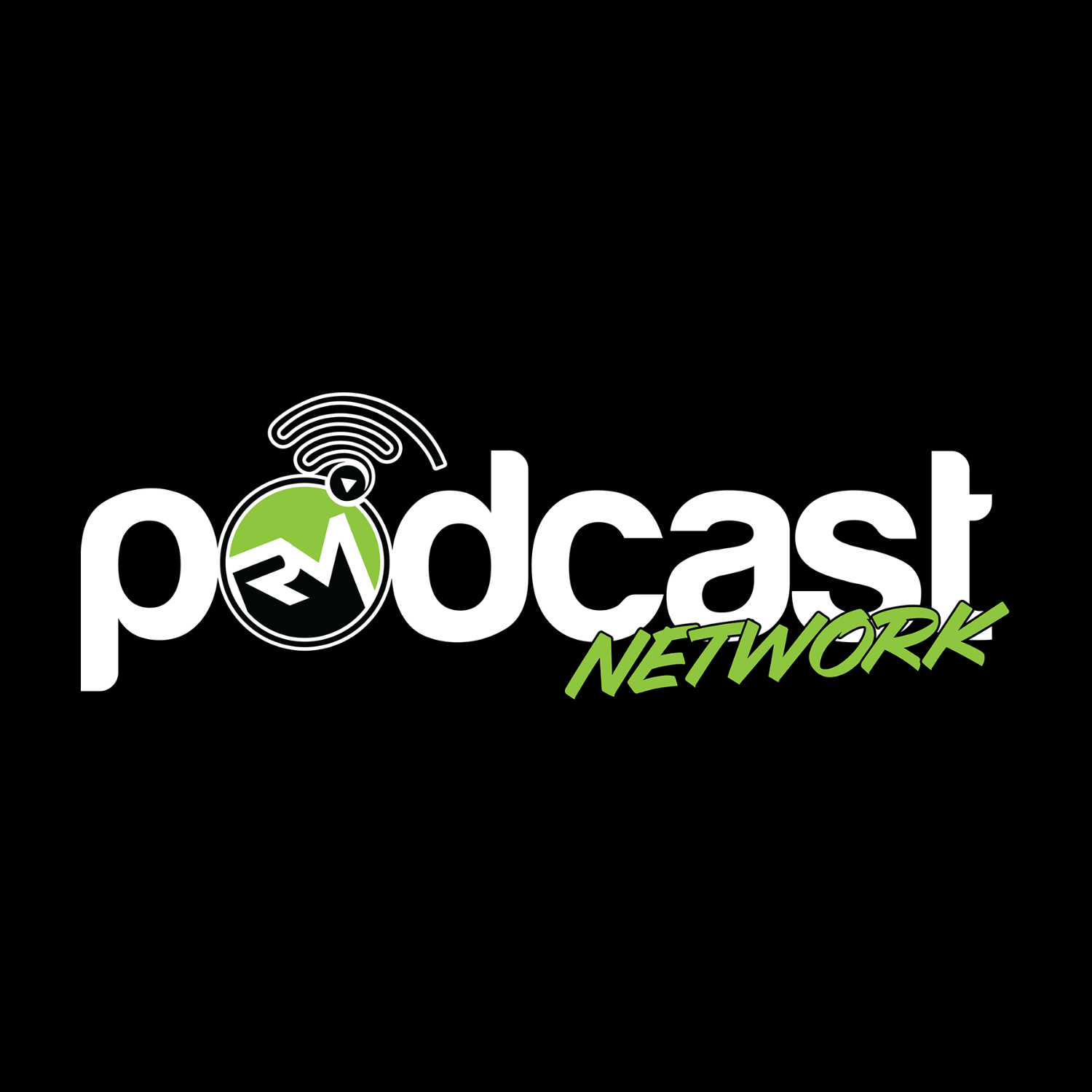Episodes

Friday Nov 14, 2025
Friday Nov 14, 2025
Lisa Janey from the Kewanee Food Pantry joined Wake Up Tri-Counties to discuss how the Kewanee Food Pantry operates, the items it needs, and to express gratitude to the community for its donations of much-needed food, money, and hygiene essentials. Wethersfield High School’s National Honor Society is cooking up community spirit this Friday during the football playoff quarterfinals. From noon to 2 PM, sweet treats will be on sale, with every dollar supporting the Kewanee Food Pantry. Along with the bake sale, students are offering Geese and Titans merchandise for donation. Looking to help another way? On Saturday, a drive-thru donation event in Good’s Furniture parking lot invites locals to drop off food and hygiene essentials from 11 AM to 2 PM. The Kewanee Public Library is also collecting donations through December 22nd. Small acts are making a big difference for neighbors in need.
The Kewanee Food Pantry is accepting online donations through the PayPal Giving Fund, a platform that ensures every dollar goes directly to support their mission. Unlike many donation services, this program charges no fees to either the charity or the donor, so contributions stretch even further. With your support, the pantry can purchase more supplies from food banks, maximizing the impact for community members in need. To donate, visit the PayPal Giving Fund online and select Kewanee Food Pantry. Every contribution helps provide essential groceries for local families and strengthens hunger relief efforts in the region.

Friday Nov 14, 2025

Friday Nov 14, 2025
Friday Nov 14, 2025

Thursday Nov 13, 2025

Wednesday Nov 12, 2025
Kewanee City Council Review from October 27, 2025
Wednesday Nov 12, 2025
Wednesday Nov 12, 2025
Andrew Carlson has been officially sworn in as a police officer for the Kewanee Police Department at the October 27th meeting. New Business began with a presentation by a Waterworth representative. In city council matters, several ordinances were introduced this session: approval for a privacy fence height variance on South Chestnut Street and a variance for an accessory structure on Simpson Avenue. Additionally, a special use permit was approved for James Steinke, doing business as Chrome Gypsy Tattoo, at 600 North Lexington Avenue. A resolution was also passed affirming the mayor’s appointments to commissions and boards.

Wednesday Nov 12, 2025
Kewanee City Council Review from October 14, 2025
Wednesday Nov 12, 2025
Wednesday Nov 12, 2025
At the October 14th Kewanee City Council meeting, Chris Berry was officially sworn in as Kewanee’s new Public Works Director. Nic Nelson presented updates on Tax Increment Financing, with votes to terminate the Kentville Road TIF District. The council also moved forward on several resolutions, including a $250,000 grant application to IDOT for Safe Routes to School, airport board appointments, and an agreement with SMARSH for archiving city data. The fire department received approval to accept grant funds for new defibrillators and infrastructure upgrades for North Lexington. Discussions followed regarding utility funding and public works vehicles.

Wednesday Nov 12, 2025
Kewanee City Council Meeting Review from November 10, 2025
Wednesday Nov 12, 2025
Wednesday Nov 12, 2025
On Monday evening, the Kewanee City Council reviewed several proposed ordinances and resolutions, including the presentation of Restorative Justice from Mitrese Smith, a third-year law school student, and approved a resolution to vacate a portion of the alley between Jackson and Washington Streets. Council members approved a timber sale agreement with Fischer Sawmill and considered and tabled a long-term financial modeling contract with Waterworth for city infrastructure. Other resolutions included transferring real estate interests to the Illinois Department of Transportation and selecting a new energy supplier for city facilities beginning in 2026. Also on the agenda, the city council approved a resolution to replace the City Council Chambers’ sound system, the acquisition of a new city truck, a tax levy discussion, new police tasers, GIS developments, and Highway 81 construction updates. After a lengthy discussion between council members Adam Cernovich and Chris Colomer with public works director Chris Berry regarding the difference between the budgeted amount for a new snow plow dump truck and the quote up for vote, Kasey Mitchell suggested public works pay the $187,000 budgeted and finance the difference. Then, address the difference during future work sessions. The next council work session is scheduled for November 19, 2025, and the tax levy discussion will take priority.
The new sound system approved by the city council will allow for upgrades, add microphones, and stream on YouTube, for example. Construction of Highway 81 in Kewanee has been pushed back again. The initial phase of construction will begin in the summer of 2026 and will include sidewalks, removing trees, placing retaining walls, etc. Physical construction of the roadway isn't scheduled to begin until 2027, barring any additional delays. The Illinois Department of Transportation is requesting the City of Kewanee pay approximately $100K to pay for stain and anti-graffiti treatment on the retaining walls for the future Highway 81 through Kewanee. City council members agreed that it is worth discussing further. Call Michael Kuehn from the Illinois Department of Transportation at 815-284-5351 with any complaints or concerns regarding Highway 81.

Wednesday Nov 12, 2025
Wake Up Tri-Counties Issac Talks A-W Titans Football Quarterfinals with Coach Tony Gripp
Wednesday Nov 12, 2025
Wednesday Nov 12, 2025
Head football coach Tony Gripp joined Issac Forney on Wake Up Tri-Counties to talk about the Round 3 Quarterfinals for the A&W Titans on Saturday, November 15, 2025. An electric atmosphere is expected this Saturday as the A-W Titans go head-to-head with the Lena-Winslow Panthers in the IHSA Class 1A Football Playoff Quarterfinals. The matchup kicks off at 1 PM at Wethersfield Memorial Stadium, where both sides look to extend their impressive seasons. Fans can rally behind their teams in person, with digital tickets available on GoFan for $8 plus a $1.40 fee, or purchase admission with cash at the gate for $10. Supporters are urged to fill the stands as these rivals battle for a spot in the semifinals, promising an afternoon packed with gridiron excitement.

